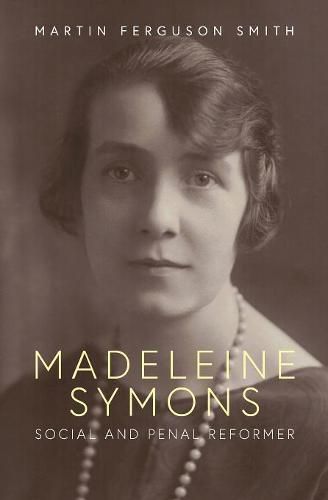Readings Newsletter
Become a Readings Member to make your shopping experience even easier.
Sign in or sign up for free!
You’re not far away from qualifying for FREE standard shipping within Australia
You’ve qualified for FREE standard shipping within Australia
The cart is loading…






This title is printed to order. This book may have been self-published. If so, we cannot guarantee the quality of the content. In the main most books will have gone through the editing process however some may not. We therefore suggest that you be aware of this before ordering this book. If in doubt check either the author or publisher’s details as we are unable to accept any returns unless they are faulty. Please contact us if you have any questions.
Madeleine Symons (1895-1957) was a brilliantly effective women’s trade union officer during and after the First World War. In years when she was still not qualified to vote, she served on the executive committee of the Labour Party, as a Justice of the Peace, and on a Royal Commission. Her union career was abruptly ended in 1926 by pregnancy and unmarried motherhood. Later she worked tirelessly as a juvenile magistrate in London and for social justice and penal reform everywhere. Her story, told for the first time on the sixtieth anniversary of her death, is of historical and human interest and has lessons for society today.
$9.00 standard shipping within Australia
FREE standard shipping within Australia for orders over $100.00
Express & International shipping calculated at checkout
This title is printed to order. This book may have been self-published. If so, we cannot guarantee the quality of the content. In the main most books will have gone through the editing process however some may not. We therefore suggest that you be aware of this before ordering this book. If in doubt check either the author or publisher’s details as we are unable to accept any returns unless they are faulty. Please contact us if you have any questions.
Madeleine Symons (1895-1957) was a brilliantly effective women’s trade union officer during and after the First World War. In years when she was still not qualified to vote, she served on the executive committee of the Labour Party, as a Justice of the Peace, and on a Royal Commission. Her union career was abruptly ended in 1926 by pregnancy and unmarried motherhood. Later she worked tirelessly as a juvenile magistrate in London and for social justice and penal reform everywhere. Her story, told for the first time on the sixtieth anniversary of her death, is of historical and human interest and has lessons for society today.